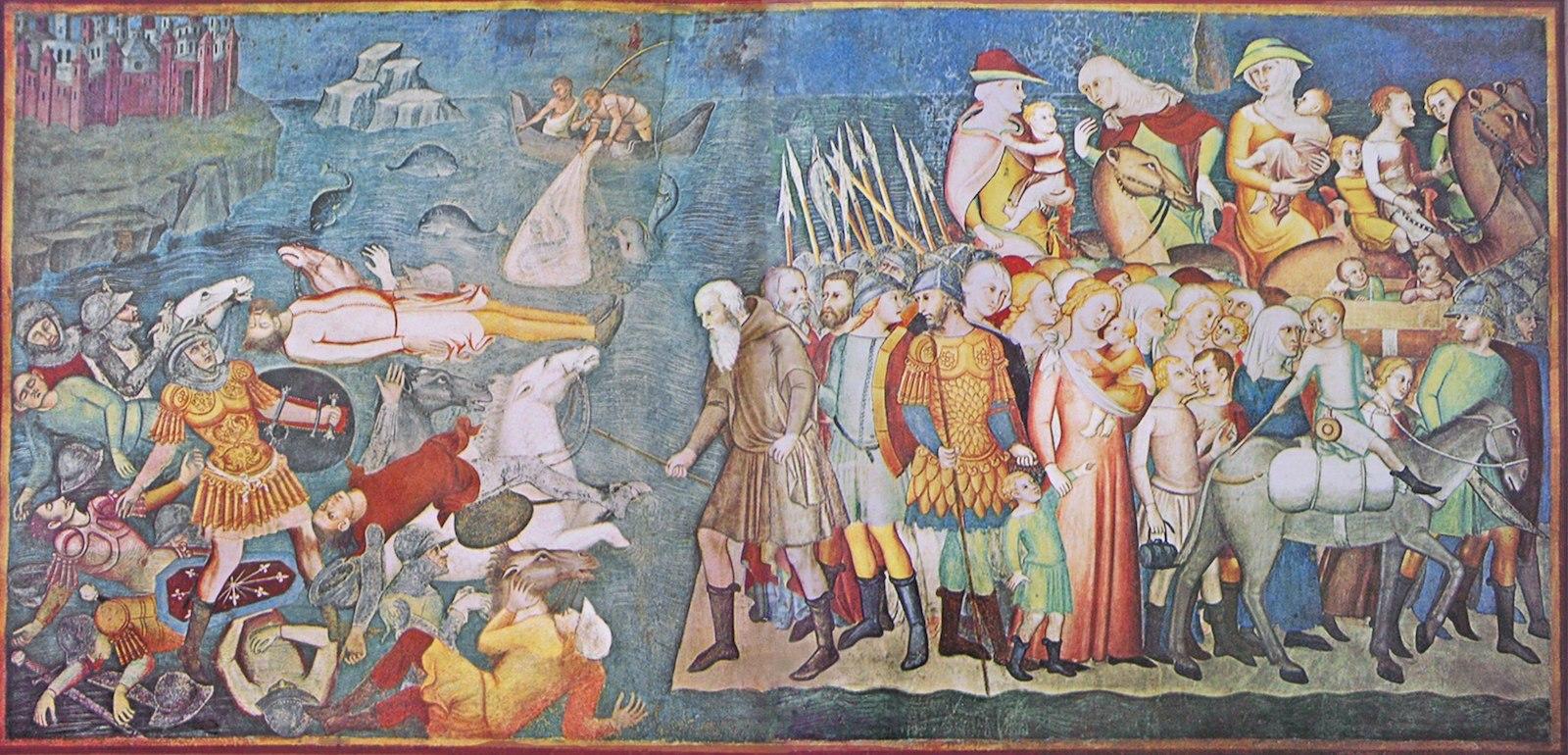Commentary on Parashat Vaera, Exodus 6:2-9:35
Moses and God have little credibility among the Israelites in Egypt. Moses’ talk of redemption leads only to more severe oppression by Pharaoh. No sooner does God assure Moses that God’s might will soon be demonstrated than we read again at the beginning of the Torah portion that God speaks to Moses.
Hasn’t there been enough talk already? What could God possibly say at this point that would be helpful rather than detrimental to the Israelites?
The Process is Ongoing
Remind them, God says to Moses, that they are in the midst of an ongoing process. Remind them that this process began long ago, with their ancestors Abraham, Isaac and Jacob, who also had to learn that the covenantal promise would not be completely fulfilled in their lifetimes. Israel will only find the strength to endure and believe in the coming redemption, God seems to be saying, if they can learn to look back at the suffering and redemptive moments experienced by their ancestors.
Israel must remember that the covenant does not begin with them and will not end with their Exodus from Egypt. “I will free you…deliver you…redeem you…take you…and I will bring you to the land which I swore to give to Abraham, Isaac, and Jacob.” It’s all in the process.
With your help, My Jewish Learning can provide endless opportunities for learning, connection and discovery.
“In every generation,” we recite at the Passover seder, “we must learn to view ourselves as having personally experienced the Exodus from Egypt.” We, as our ancestors before us, tend to focus on the immediate moment with its problems and crises. But to be a Jew is to realize that we are part of a process that began long ago and will not end in our lifetimes.
There may be no immediate gratification; we may be impatient when we do not see the immediate results of our efforts. But as with Moses and the Israelites in Egypt, we can find consolation and meaning in the awareness that we are part of that ongoing covenantal process.
Provided by CLAL: The National Jewish Center for Learning and Leadership, a multi-denominational think tank and resource center.
parsha
Pronounced: PAR-sha or par-SHAH, Origin: Hebrew, portion, usually referring to the weekly Torah portion.



